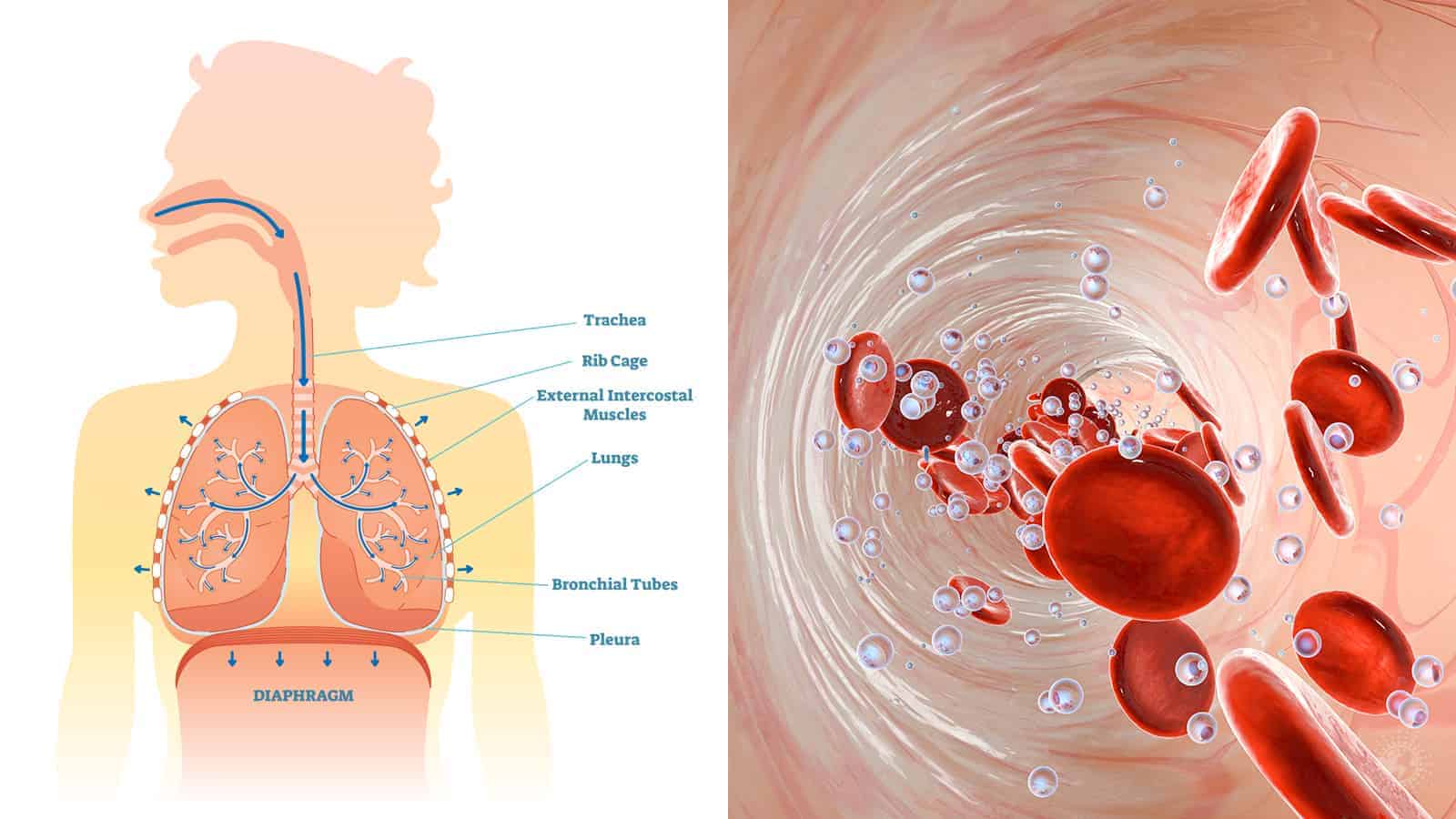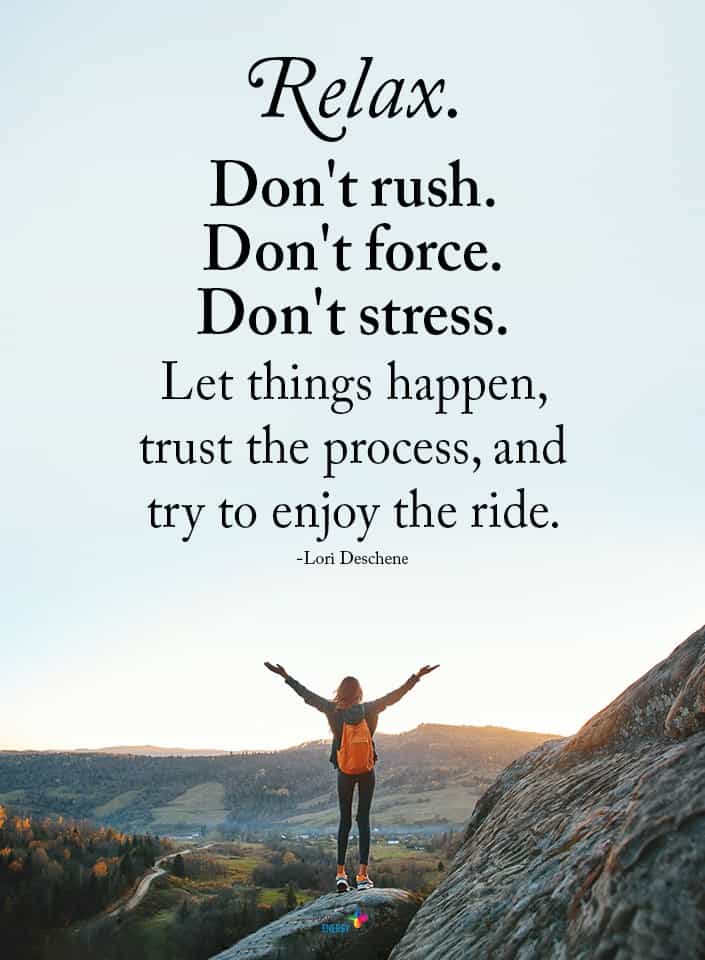High blood pressure is a silent killer that affects nearly 60 million Americans each year. Quite often, it is a condition that develops gradually, but its devastating effects on your body can manifest quite suddenly and without warning. But what if you don’t want to take medicine for high blood pressure for the rest of your life?
If you are seeking non-medicinal therapies, then we have the tips for you. Read on.
What is high blood pressure?
Hypertension occurs when your blood pressure rises to dangerously high levels. Pressure builds up as your veins narrow and restrict, and over time, this ongoing excess pressure can cause serious health issues such as heart attack and stroke.
While hypertension increases gradually, early detection is vital to avoid damage to the heart, the eyes, and the kidneys. Getting regular screenings from your doctor and keeping tabs on your blood pressure at home will give you a more accurate picture of your condition and whether you need to reduce harmful systolic and diastolic pressure levels.
How do I know if I have high blood pressure?
In general, most people with high blood pressure are not aware of their condition until severe health consequences show themselves. Pay attention to some of these signs and symptoms to detect and treat this condition early:
- Headaches
- Shortness of breath
- Nosebleeds
- Flushed skin and face
- Dizziness
- Chest pain
- Changes in eyesight
- Blood in the urine
If you know that you have a family history of hypertension, take proactive measures to screen and monitor your blood pressure regularly. Living a clean life, reducing stress, and managing your weight are also excellent ways to reduce your chances of developing blood pressure issues.

What causes high blood pressure?
Primary hypertension causes vascular mechanisms to change over time. There are a number of factors, including:
1. Genetics
You may be genetically predisposed to developing hypertension. Genetic abnormalities and mutations inherited through your DNA cause the hardening of the arteries and restriction of the vessels that contributes to the condition.
2. Physical changes
As we age, certain functions of our bodies become less efficient; these imbalances carry over to other systems and can affect blood pressure levels.
3. Environment and lifestyle choices
A lack of exercise and poor diet choices can and will take a toll on your body. Other substances such as alcohol and tobacco use can clog up your system and contribute to hypertension. Living a clean lifestyle and keeping your weight under control are great strategies for reducing blood pressure levels.
Secondary hypertension can occur suddenly and without warning. This is often due to external factors and changes in the body that cannot be controlled, such as:
- Kidney disease
- Sleep apnea
- Heart defects
- Thyroid issues
- Medication side effects
- Drug and alcohol abuse
- Adrenal gland dysfunction
- Endocrine system dysfunction
Treatment options other than medicine for high blood pressure
Many people think that a diagnosis means that they must take medicine for high blood pressure. Although medicine for high blood pressure is an effective treatment, some people look for natural methods to manage stress, improve diet, and promote natural relaxation techniques for their condition.
If you are not someone who wishes to take medicine for high blood pressure, consider these natural alternatives for relaxing, reducing stress, and managing your blood pressure naturally:
1. Increase your activity levels
Believe it or not, exercise has a relaxing and calming effect on the body. As you regularly increase your heart rate and oxygen levels, your cardiovascular system becomes stronger. Eventually, your heart can circulate blood throughout your body with less effort.
Aiming for a 40-minute sweat session, 3 to 4 times per week will keep your heart and lungs in tip top shape and lower blood pressure to healthier levels.
2. Practice yoga
While we’re on the subject of movement, let’s cover yoga. This discipline is thousands of years old, and it is still practiced today for some very valid reasons. Strategic poses combined with deliberate breathing techniques have an incredible ability to tighten, tone, reduce stress, and improve circulation, helping to lower blood pressure naturally.
Some loyal yogis report that regular yoga practice is more effective than taking daily medicine for high blood pressure.
Namaste!

3. Make an effort to reduce your stress
We live in a stressful world, and it’s getting crazier all the time. No amount of medicine for high blood pressure is going to counteract the devastating effects that stress has on the body. You must learn to manage and reduce your stress in order to create long term health and wellness.
Practicing self care techniques such as deep breathing, reading, spending time in nature, and massage therapy will reduce the harmful effects of stress on the mind and body. Take a little time for yourself each day, and you’ll be on your way to creating healthier blood pressure levels.
4. Connect with others regularly
Studies point to the effectiveness of having strong and stable relationships in helping to reduce blood pressure. While the pressures of life may have you neglecting your social circle and family connections, it is an essential part of creating a higher quality of life.
Indeed, people who have strong emotional connections to loved ones have a reduced risk of developing high blood pressure and other harmful health conditions. Cultivate those relationships in your life, and allow others to care for you—it’s good for your health!
5. Meditate!
Meditation is sweeping the nation—in an effort to reduce stress, gain energy, and let go of damaging emotions that cause physical unrest, we are diving deeper into ourselves to find inner peace and tranquillity. Just a few minutes of stillness each day will allow you to center your mind, regulate your emotions, and reduce the stress that can lead to hypertension.
Engaging in activities like yogic breathing and meditation could, over time, lead to a reduction in your need to take medicine for high blood pressure.
6. Take a daily nature walk
One of the simplest, yet most effective forms of exercise suitable for all people is a daily walk. Engaging in a daily nature walk or a stroll around your neighborhood will increase your heart rate, improve your circulation, and lead to a reduction in blood pressure points.
The combined elements of fresh air, sunshine, and natural surroundings have a peaceful and calming effect on our bodies; we instinctively crave this time to center and enjoy the beauty of life.
Something as simple as a 30 minute daily walk can reduce your blood pressure by as much as 20 points. Grab a partner, a friend, a dog, and start walking!
8. Get a massage
It is a well-known fact that massage therapies significantly improve circulation and blood flow throughout the body. Did you know, however, that it can also have a dramatic effect on lowering blood pressure?
When your body is under stress, everything is constricted; your muscles tense, your blood vessels restrict, and all of your body’s systems struggle to maintain their efficacy. Massage helps to relax these areas of restriction, promoting healthier circulation, proper blood flow, and reduced blood pressure. There is not a better excuse to be had for massage therapy!
9. Work to resolve stressful situations
Whether you have a stressful situation at work or home life relationship problems are nagging at you, this unresolved conflict can contribute to more stress and, therefore, higher blood pressure. Work these issues through, as it is key to letting go of stress and moving forward with a more positive outlook on work, home, and life.
10. Practice some deep breathing
Your autonomic nervous system governs all your body’s automatic systems—and it works tirelessly to regulate heart rate, respiration, and digestive services–all for you! When you fail to activate the parasympathetic nervous system to counteract all of this busy-ness, your body just can’t catch a break. Stress builds up, your nervous system goes into overload, and dysfunction ensues.
Deep breathing activates the parasympathetic nervous system, which is responsible for facilitating many of the cellular repair and renewal mechanisms of your body. Increasing oxygen to your brain and to your cells through conscious, deep breathing helps to relax muscles, open blood vessels, and facilitate healing.
11. Get some sleep!
Sleep is a time that your body needs for healing and repair. Failing to get good quality sleep can have adverse effects on your health, including your blood pressure. Do what you can to get good quality sleep each night, and set yourself up for success by creating good sleep habits before bedtime to help you drift off to dreamland. Some of these habits include:
- Getting enough physical activity during the day
- Reducing your use of electronics and shutting off lights about an hour before bedtime
- Creating a warm and inviting atmosphere out of your sleeping space to help you look forward to resting time
In no time, you’ll be waking refreshed and rested, and you’ll be helping your body to relax and heal more efficiently.
 Final thoughts on using these natural therapies that work better than medicine for high blood pressure
Final thoughts on using these natural therapies that work better than medicine for high blood pressure
By implementing some of these simple practices, you’ll reduce your need for medicine for high blood pressure, and you’ll be on your way to creating a healthier, more balanced life for yourself and for those you love.
The post How to Use Relaxation Techniques For High Blood Pressure (Instead of Medicine) appeared first on Power of Positivity: Positive Thinking & Attitude.
【Top 10 Malaysia & Singapore Most Beautiful Girls】Have you follow?